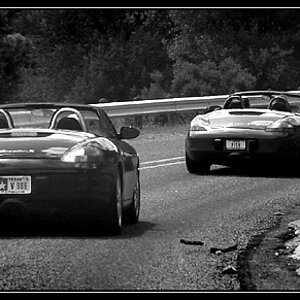pbelarge
TPF Noob!
- Joined
- Feb 11, 2010
- Messages
- 2,680
- Reaction score
- 0
- Location
- New York
- Can others edit my Photos
- Photos OK to edit
Well if everyone would just stick to Ken Rockwell's site, and not bother reading all these books, then the world would be full of much better photographers.
Just what the world needs, much better photographers...



![[No title]](/data/xfmg/thumbnail/40/40307-b3813381d3c1ef8282c72905405b50fe.jpg?1619739413)

![[No title]](/data/xfmg/thumbnail/39/39286-ae386da044402acf92e55d8b68c26af3.jpg?1619738956)




![[No title]](/data/xfmg/thumbnail/39/39289-c5ea6a611707fdd5786347f4a67d63ae.jpg?1619738957)



